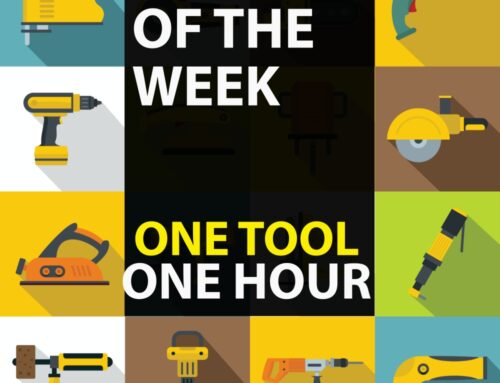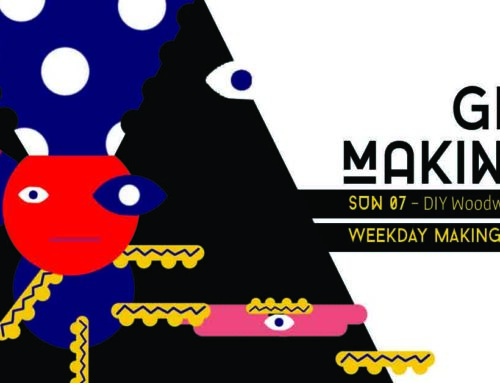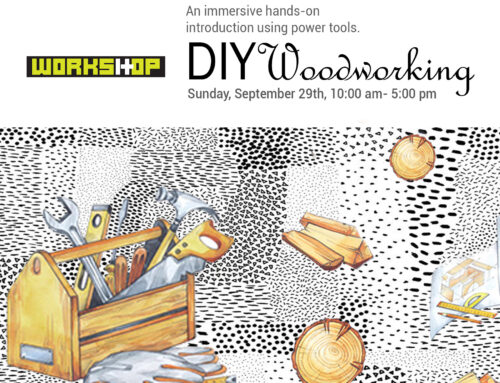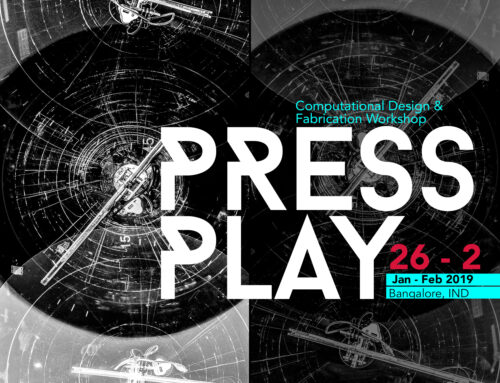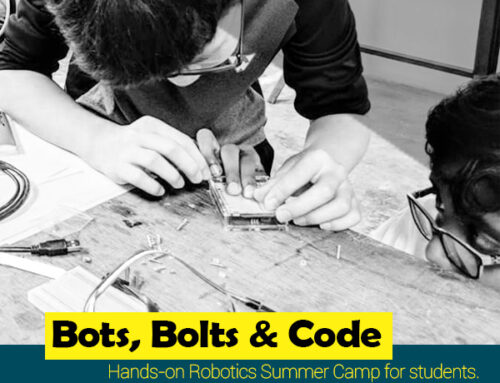Project Description
In this intensive 3-day workshop, you will learn and apply advanced service design and experience prototyping techniques both in the digital and physical realm. You’ll walk away equipped with a complete toolkit for rapid user-focused innovation and a certificate from CIID.
The design and delivery of an excellent service is a uniquely complex task. Services are made up touchpoints across a wide range of channels from apps to physical devices to direct human interactions, and this hands-on workshop prepares you to effectively and rapidly prototype across all of them.
In this course we aim to provide you with the skills to understand user needs, come up with great service concepts, communicate these ideas well, and create sophisticated, iterative experience prototypes to test your concepts. We will work according to a rapid design thinking process that puts the user at the center to create actionable, business-ready experience prototypes.
Lectures are spread throughout the three days and are immediately followed by direct hands-on applications with individual and group coaching along the way.
Please use THEWORKSHOP as your reference while booking the tickets.
Toolkit
Over the course of three days, we will introduce you to fast, effective, and broadly applicable tools and techniques for prototyping new service touchpoints in both the digital and physical realm. Some of the tools may be familiar to experienced designers, so our focus is on nuanced and advanced applications unique to CIID’s world-renowned design practice in Copenhagen with a focus on techniques for creating and testing immersive service prototypes.
––– Field Research –––
Guerilla Interviews: Tips and techniques for spontaneous, in-context, field interviews.
In-depth Interviews: Templates and structures for gaining deep user insights.
Probes & Activities: Preparing and using tools to facilitate interviews and generate rich artefacts.
––– Analysis & Mapping –––
Research Synthesis: How to make sense of field research through clustering techniques.
User Journey Mapping: A tried-and-true method for identifying pain points and highlights in an existing service.
Lifecycles and Ecologies: Gathering and organizing in-depth insights into broader user and service contexts.
Personas: Understanding and classifying your users through their motivations, habits, and backgrounds.
––– Concept Generation –––
Insight generation: Techniques for distilling large amounts of data and complex information into actionable insights.
Opportunity finding: How to formulate designable questions from research-backed insights.
Rapid ideation: Tools for generating first large quantities, then high quality ideas.
Service Blueprinting: Mapping and planning a new or improved service across channels, stages, stakeholders, and touchpoints.
––– Experience Prototyping –––
Paper prototyping: The fastest and cheapest way to get user feedback using standard office materials.
Interactive digital prototyping: Tips and techniques for getting the most out of your more advanced prototypes.
Prototyping physical devices: How to simulate complex hardware interactions using basic or no technology.
Fidelity planning: Choosing the correct level of fidelity at each iteration to get maximum user feedback with minimum intimidation.
Co-creation: A powerful tool to get input and buy-in from end users for specific design challenges.
This course is ideal for…
Anyone responsible for understanding customers and users and improving their experience. Enthusiastic past participants have included UX/visual/interaction designers, usability professionals, front-end developers, product owners and managers, and cross-department or interdisciplinary teams looking to develop a shared language and methodology. We have trained participants from environments as diverse as Google, the BBC, Singapore Airlines, and pre-seed startups.
This is an advanced course focusing on experience prototyping techniques, but the inclusion a thorough overview of service design and its techniques and applications makes it suitable for participants without a design background as well. Due to the small size we are able to give a lot of individual attention and support to all participants and always leave ample time to go in-depth when needed.
Schedule
Day 1: Preparation & Research
AM: Introduction to service design; field research tools & techniques
PM: Service mapping; prototyping digital services; iteration 1
Day 2: Prototyping & Iterating
AM: Field research analysis, insights, opportunities
PM: Physical prototyping and digital tools; iteration 2
Day 3: Testing & Takeaways
AM: Advanced experience prototyping; iteration 3
PM: Service design and experience prototyping in your work environment; team presentations
Facilitators
Daniel Letts
Senior Lecturer, CIID
Twice detained by the military (once for entering by boat into a restricted area of the Venice Arsenal, and another time by revolutionary guards on the Romanian border at the overthrow of Caecescu) not a lot fazes Daniel.
Calm under pressure and with a laid back laconic take on the world Daniel is nonetheless passionate about things making sense. The phrase “because that’s the way it is” is the one thing that is sure to get his blood up. This is what has led him to Service Design – a simple desire to make things work better than they currently do. In his over 10 years as a service designer, he has worked with a number of different agencies including Livework, Method, Head, Eight, and Bath Consulting Group across numerous sectors including communications, telecoms, finance, health, transportation, FMCG, manufacturing and the public sector.
Originally trained as an architect, and as a certified Scrum master, Daniel has always believed that services should work as well in the real world as they do in the digital. His current obsession is that Service Design needs to come of age, grow up, and start to deliver.
Simon Herzog
Professional Programmes Manager, CIID
Simon teaches designers about business and businesspeople about design. With a background in sociology from Columbia University, early-stage investing in New York’s startup scene, and interaction and service design at CIID, he has worked in environments such as prisons, project buildings, and venture capital boardrooms. This hybrid experience between field work, design, and business makes him particularly attuned to creating strategic and financial viability through service design informed by real-world insights. Or, more simply: creating services that work, solve problems, and delight.
Working with clients such as LEGO Education, Phillips Healthcare, Singapore Airlines, and many others, Simon is passionate about working in fast-paced cross-disciplinary environments that enable radical change and impact. At CIID, he has built and managed the Nest incubator, supporting early-stage startups through their journey of building the next generation of great services. He started and is leading CIID’s Professional Programmes unit, taking the institute’s signature design education out into the world.
Please use THEWORKSHOP as your reference while booking the tickets. BOOK YOUR SEAT NOW!!!
Testimonials from previous runs
“CIID did an excellent job at creating a course that can be valuable to different levels of experience. We could take away everything from broad strokes to tips and individual techniques. I really enjoyed the examples shared, and the hands-on approach that helped us move quickly into prototyping was great. The instructors were very flexible and tailored the content to our needs.”
– Senior Experience Designer, Wolff Olins
“The workshop pushed us out of our comfort zone and organizational norm, where we would spend a lot of time debating rather than trying things out. It helped us shift the mindset of our business units to start testing potential solutions earlier and cheaper, rather than waiting until right before implementation when any change would cost a hundred times more.”
– Customer Experience Executive, Singapore Airlines
